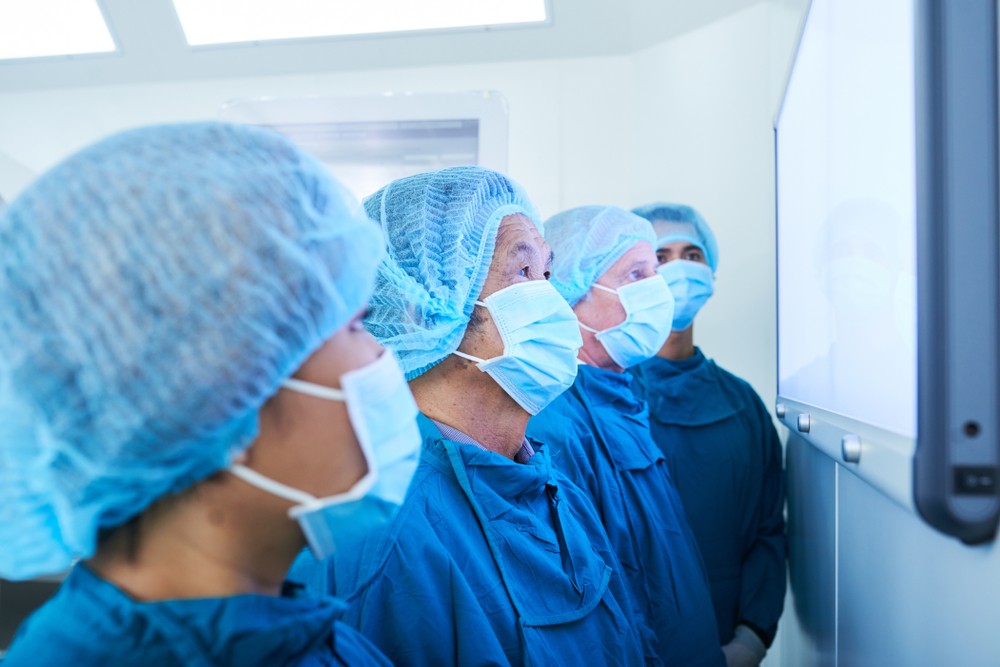In 2016, Moorfields announced a five-year partnership with DeepMind Health to explore whether artificial intelligence (AI) technology could help clinicians improve patient care. Last year, as a result of this partnership, Moorfields announced a major milestone for the treatment of eye disease. Its AI system could quickly interpret eye scans from routine clinical practice for over 50 sight-threatening eye diseases—as accurately as world-leading expert doctors.
Today, Moorfields has announced another new advancement, which has been published in The Lancet Digital Health. Using Google Cloud AutoML Vision, clinicians without prior experience in coding or deep learning were able to develop models to accurately detect common diseases from medical images.
As Pearse Keane, Consultant Ophthalmologist at Moorfields Eye Hospital who led this project said:
“At present, the development of AI systems requires highly specialised technical expertise. If this technology can be used more widely—in particular by healthcare professionals without computer programming experience—it will really speed up the development of these systems with the potential for significant patient benefits.’
Although the ability to create classification models without deep understanding of AI is attractive, comparative performance against expertly-designed models is still limited to more simple classification tasks. Pearse adds: "The process needs refining and regulation, but our results show promise for the future expansion of AI in medical diagnosis.”
Google Cloud AutoML is a set of products that allows users without ML expertise to develop and train high-quality machine learning models. By applying Google’s cutting-edge research in transfer learning and neural architecture search technology, users can leverage the results of existing state-of-the-art ML models to build new ones with brand new data. Because the most complex part of the model--feature extraction--is pre-trained, classification in a new dataset is fast and accurate. The team at Moorfields was able to quickly train and evaluate five different models using Cloud Auto ML.
The Moorfields team started by identifying five public open-source datasets that their researchers could use to test and train models. These included de-identified medical images from the fields of ophthalmology, radiology, and dermatology such as eye scans, chest x-rays and photos of skin lesions. After learning how to use Cloud Auto ML Vision by reviewing ten hours of online documentation, two researchers assembled and reviewed data sets simultaneously. They then worked together to build the models. After the images were uploaded to Google Cloud, AutoML Vision was used to train each model for up to 24 hours.
The resulting models were then compared to published results from deep learning studies. All of the models the researchers created except one performed as well as state-of-the-art deep learning algorithms. The research demonstrates the potential for clinicians without AI expertise to explore and develop technologies to transform patient care. Beyond allowing clinicians to build and test diagnostic models, AutoML can be used to train physicians in the basics of deep learning. While the focus of this research was not centered around interpretability, it is understood to be of critical importance for medical applications.




